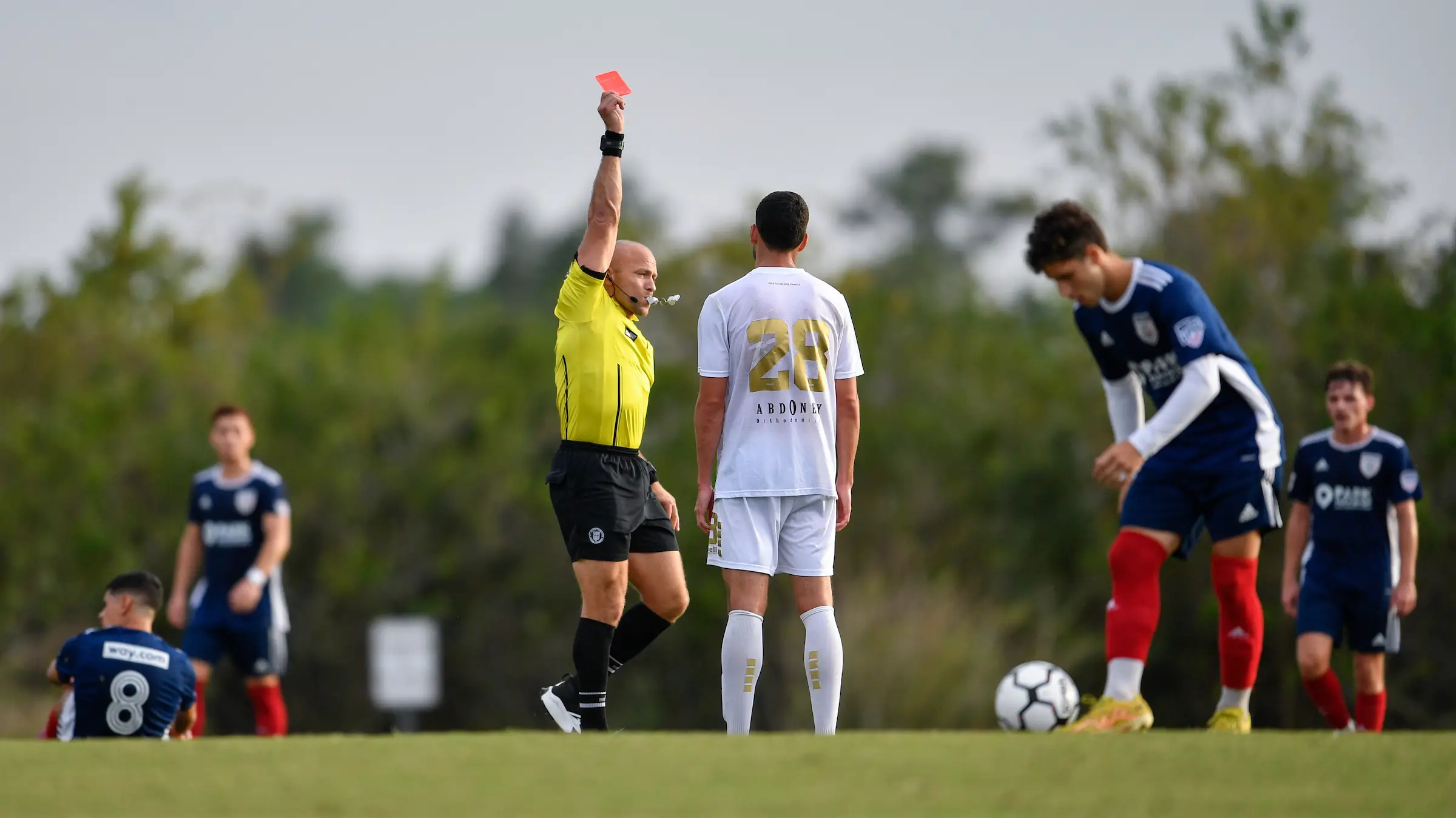It is hard to go more than one week as a sports fan or soccer fan without witnessing another meltdown from a coach or a player. We have all been there, that moment in time when it just all becomes too much, and we lack the emotional awareness, fortitude or discipline to just hold it together. We invent colorful phrases, meltdown, throw a tantrum, throw your toys out of your carriage to try and encapsulate for those participating just how bad it looks.
Perhaps understandably, dealing with the recent pandemic, people of all ages were spending less time together and therefore less aware of how their actions may be perceived by others and less concerned with how well they were applying their social skills.
Within the youth soccer world, the following acting out moments are common in their occurrence:
1. Kids fighting on a field.
2. Kids cursing out refs, parents or other players.
3. Parents verbally attacking refs.
4. Kids refusing to do the handshake at the end of the game.
5. Kids having some form of emotional breakdown during the process of a game.
Less common but far too frequently we see:
Parents fighting parents.
Parents fighting refs.
Kids fighting refs.
Obviously, many of us and even those involved in the above, fully agree that all behaviors noted are simply unacceptable.
I offer the following for coaches and all to try in the hope that we can all keep our toys in our carriages.
a. Establish a minimum standard of behavior based on three or four core values that should be created by the team.
b. Give concrete examples of how the core values can be made actionable in practice at games and at school.
c. Have an open and honest discussion of what should happen when people fall below the minimum standards established by the group.
d. Create a definite word or phrase that can be used by the group when they sense it’s about to boil over.
With individual players I urge coaches to try the following process.
a. Through personal example explain how and why it happens.
b. Explain in the sporting context, how important it is that they learn to focus their energy and channel their emotions
c. Share some basis psychological skills, self-talk or visualization for them to practice.
d. Ask them how they would like you to help in the moments when all is going off course.
e. Agree on which behaviors you will employ at the meltdown moment
f. Agree on how it will be dealt with when the moment has passed








